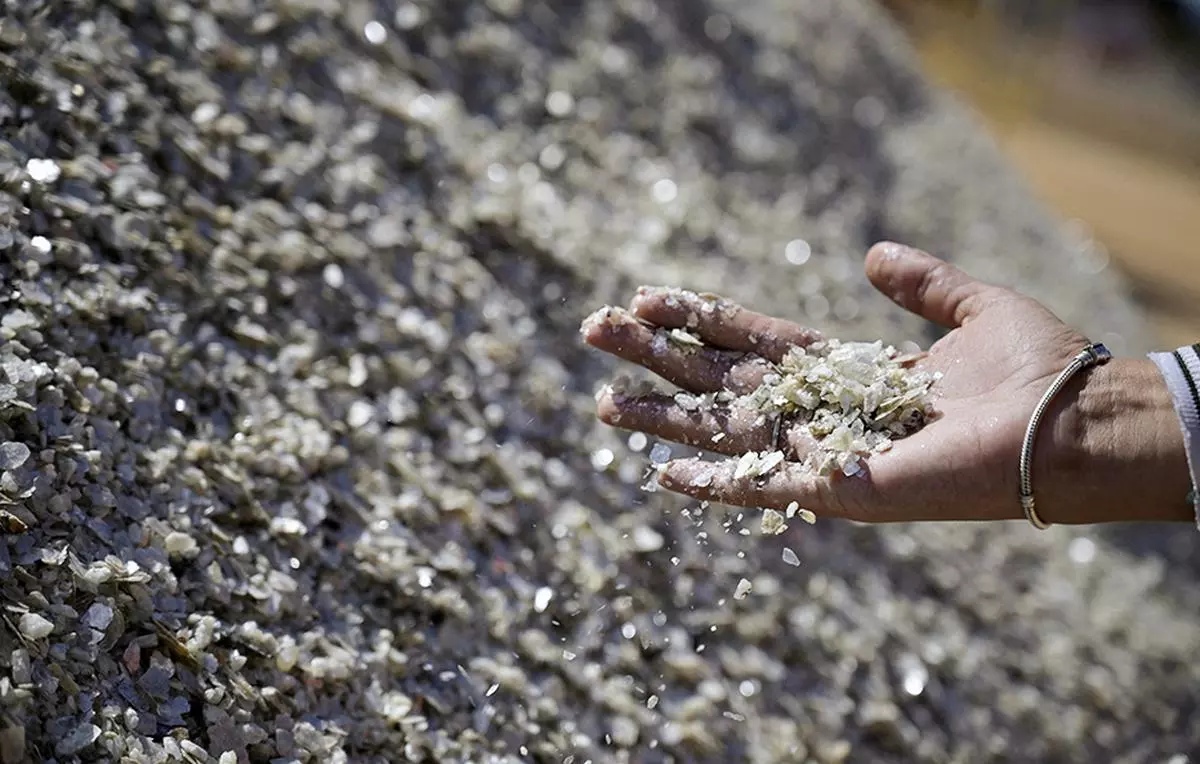India–US Trade Tensions Rise Over Steel and Auto Tariffs NMDC Limited reports a 38% drop in Q4 FY24 consolidated net profit RINL to Raise $23 Million Through Land Sales Amid Crisis

The Union Cabinet, led by Prime Minister Narendra Modi, has approved revising the Second Schedule to the Mines and Minerals (Development and Regulation) Act, 1957, to establish royalty rates for 12 vital and strategic minerals. This decision affects several minerals, including beryllium, cadmium, cobalt, gallium, and numerous others, which are essential for the country's defence, electronics, and renewable energy sectors.
According to an official release from the Cabinet, "The Union Cabinet chaired by Prime Minister Narendra Modi approved the amendment of the Second Schedule to the Mines and Minerals (Development and Regulation) Act, 1957 ('MMDR Act') for specifying the rate of royalty in respect of 12 critical and strategic minerals, viz., Beryllium, Cadmium, Cobalt, Gallium, Indium, Rhenium, Selenium, Tantalum, Tellurium, Titanium, Tungsten and Vanadium."
This completes the exercise of rationalising royalty rates for all 24 critical and strategic minerals. It may be noted that the government notified the royalty rate of 4 critical minerals, viz., glauconite, potash, molybdenum and platinum Group of Minerals, on March 15, 2022, and of 3 critical minerals, viz., lithium, Niobium and rare earth elements, on October 12, 2023, according to the release.
Recently, the Mines and Minerals (Development and Regulation) Amendment Act, 2023, which came into force on August 17, 2023, listed 24 critical and strategic minerals in Part D of the First Schedule of the MMDR Act. The amendment provided that the Central Government would auction the mining lease and composite licence for these 24 minerals. The approval by the Union Cabinet for the specification of the rate of royalty will enable the Central Government to auction blocks for these 12 minerals for the first time in the country, it added. The royalty rate on minerals is an important financial consideration for the bidders in the auction of blocks. Further, the Ministry of Mines has also prepared the method for calculating the average sale price (ASP) of these minerals, which will enable the determination of bid parameters.
As per the release, the Second Schedule of the MMDR Act provides royalty rates for various minerals. Item No. 55 of the Second Schedule provides that the royalty rate for minerals whose royalty rate is not explicitly provided therein shall be 12 per cent of the average sale price (ASP).
Thus, if these royalty rates are not explicitly provided, then their default royalty rate would be 12% of ASP, which is considerably higher than other critical and strategic minerals. Also, this royalty rate of 12% is not comparable with other mineral-producing countries.
Critical minerals have become essential for economic development and national security in the country. Critical minerals such as Cadmium, Cobalt, Gallium, Indium, selenium and Vanadium have been used in batteries, semiconductors, solar panels, etc.
These minerals have gained significance given India's commitment to the energy transition and achieving net-zero emissions by 2070. Minerals like beryllium, titanium, tungsten, tantalum, etc. have been used in new technologies, electronics and defence equipment. Encouraging indigenous mining would lead to a reduction in imports and the setting up of related industries and infrastructure projects.
The proposal is also expected to increase employment in the mining sector. The Geological Survey of India (GSI) and Mineral Exploration & Consultancy Ltd. (MECL) have recently handed over the exploration report of 13 blocks containing one or more critical minerals like cobalt, titanium, gallium, vanadium and tungsten. Further, these agencies are conducting exploration for these critical and strategic minerals in the country.
Also Read : Coal India continues to be the leading CPSE in GeM procurement, says govt India's critical and strategic mineral auctions face three-month delay